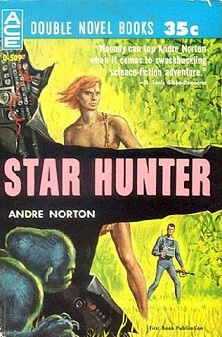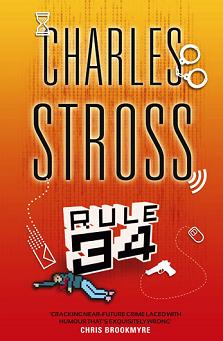Let’s talk about Damien G. Walter’s poorly thought out attempt to understand Christopher Priest for a moment. I mentioned it in passing in my last post, but it’s wrong enough for me to want to point this out at greater length. Walter’s core argument is as follows:
Christopher Priest has spent his entire career being close enough to the top table to smell the gravy, but has never quite been invited to sit down. His writing is extremely clever, but even in the ‘literature of ideas’ that is SF, “extremely clever” is really a way of saying rather unemotional, dry, and hard to love. It has all the qualities of someone who has spent decades studying, learning, dedicating every fraction of a considerable intellect to learning the rules and structures of fiction, but never quite managed to get his own soul on the page. Which, in the end, is the only thing we really demand of a novelist.
Walter also characterises Christopher Priest as having spent “most of his professional career not being J G Ballard”, as in driven by jealousy of his contemporaries and envy at their supposedly greater success, sublimated into this magnificent rant against the current generation of sf writers.
In other words, “he’s just jealous”, the most single predictable thing you can say about any critic ever. It’s something you learn on the playground and should stay there. We’re grownups now and we should be able to argue against criticism without subjecting our critics to amateur psychoanalysis.
The other idea, that Christopher Priest never quite made it as a science fiction writer is ridiculous as well. Walter’s portrayal of Priest as somebody who “has spent decades studying, learning, dedicating every fraction of a considerable intellect to learning the rules and structures of fiction, but never quite managed to get his own soul on the page” is a great invention, but not true of the real Priest. Let’s leave out the strange notion that what we all want from a writer is them “getting their own soul on the page” which is a) a meaningless cliche and b) no, not what we want at all; that’s the sort of thing somebody forced to study literature in middle school would think writing was all about, not at all what real writers universally do. Some writers may feast on their own neurosises and personality, others don’t.
If you look at Christopher Priest’s career, he has always existed at the literary end of the sf spectrum and has largely followed his own path. His early 1970ties works were inspired by the New Wave but not of it, he slowly meandered from science fiction into magic realism in the eighties and nineties, returning to more mainstream sfnal themes in the last decade. He’s never really been driven by commercial considerations or any burning desire to be the top dog in science fiction, as far as I can see.
So I don’t see where Walter gets the idea from that this is what drove Priest to write his rant, when he has form for sticking his oar in. Remember the Last Deadloss Visions? Why not just take him at his word rather than invent needless psychobabble theories as to why he was driven to write this?

